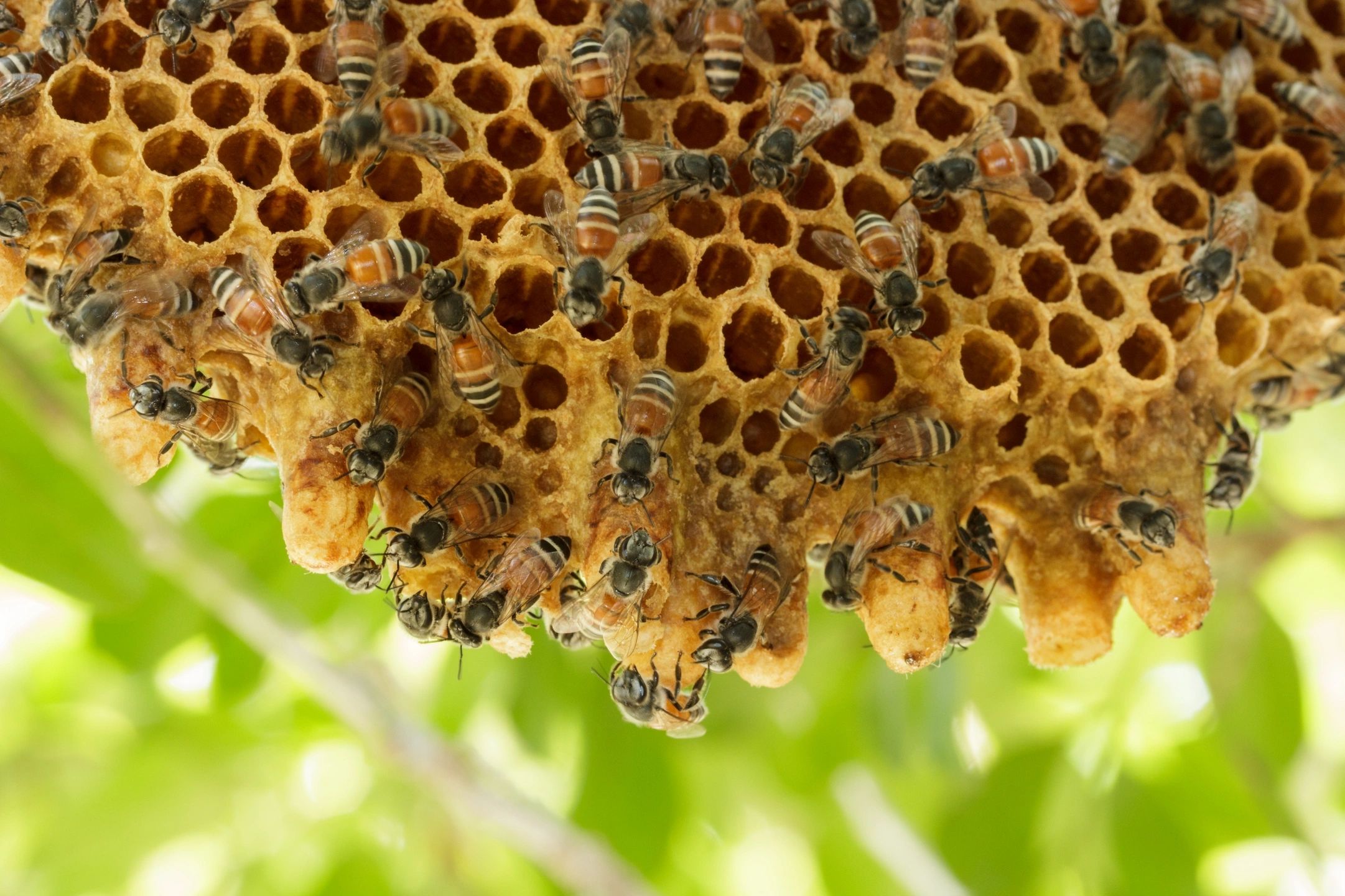Remember to cast your ballot in this fall’s election
If you have voted already – thank you!
Exercising our right to vote is a critical part of meeting the unprecedented challenges facing all of us and choosing and building the future we want to create.
2020 has been one heck of a tough year to farm, with the worst pandemic in a century turning our lives and markets upside down while the relentless march of climate change makes the seasons for planting and harvest ever more unreliable. Wise agricultural policy and robust funding for conservation, research, rural development, and other USDA programs can play a critical role in our collective capacity to recover from this year’s shocks, make a living as we keep our communities healthfully fed, and restore the land.
Will the new Congress and Administration promote good science, holistic solutions, racial equity, and sustainable rural development – or undermine them? Ultimately, it is up to us all. So be sure to vote on or before November 3 – and thank you to those who have already done so.
NSAC Surveying Members on Federal Policy Advocacy Priorities for 2021
Please share your input with Mark – e-mail schonbeckmark@gmail.com.
The National Sustainable Agriculture Coalition (NSAC) has issued its Member Priority Survey for 2021, with a submissions deadline of November 6. As VABF Policy Liaison with NSAC, I will fill out this survey a few days before that deadline, and will take into account any and all input from you all regarding what you believe NSAC should focus on during 2021. During 2020, NSAC top priorities included:
- Working Lands Conservation (policy)
- Beginning and Socially Disadvantaged Farmers (policy and funding)
- Local Agriculture Markets Program (policy and funding)
- Food Safety Outreach Program (funding)
- Sustainable Agriculture Research and Education (funding)
- Climate Change in Agriculture (multiyear priority)
- Small-scale Meat Processing issues (multiyear priority)
- Immigration Reform in Agriculture (emerging issue)
- Coronavirus Response (emerging this year as we all know too well!)
This year will open unique challenges and opportunities for several reasons:
- We will have a new Congress and possibly a new Administration
- House and Senate Agriculture Committees will begin work on the 2023 Farm Bill
- The effects of the pandemic will continue to unfold
- The Agriculture Resilience Act (ARA, HR 5861) introduced by Rep. Chellie Pingree, now with 25 co-sponsors, has established a blueprint for transforming US agriculture to become both climate resilient and climate friendly.
Given the unprecedented uncertainty and potential impacts of this fall’s election on the direction of US ag policy and society as a whole, NSAC is asking its members to select priorities based on two scenarios a change in Administration and/or Congress; and no change in either.
Please share your thoughts and opinions as to where NSAC should focus its work in 2021 under either of the above scenarios. You can pick from the list above or name other priorities that more directly impact you and your farming operation. Please send your input to me at schonbeckmark@gmail.com. Thank you!
Other NSAC news
NSAC Policy Fellow Billy Hackett and Cristel Zoebisch, Climate Policy Associate at NSAC in partnership with the Organic Farming Research Foundation, co-authored a highly informative blog on current climate legislation including but not limited to the Agriculture Resilience Act. Virginia’s Representative Abigail Spanberger, who chairs the conservation and forestry subcommittee of the House Agriculture Committee, has played a leading role in at least three bills:
- She introduced the Healthy Soil, Resilient Farmers Act (H.R. 8057), which would create a Soil Health Transitions Loan program through Farm Services Agency to support farmers in adopting cover crops, resource conserving crop rotations, advanced grazing management, or organic practices. A simple, elegant, and valuable piece of legislation.
- With Rep. Don Bacon (R-NE) she introduced the Growing Climate Solutions Act of 2020 (H.R.7393 / S.3894). This bill directs USDA to take steps to facilitate farmer participation in carbon markets. While the bill’s bipartisan support is a rare asset these days, serious scientific and social concerns with carbon markets have led many advocates not to support this bill.
- The Clean Economy, Jobs, and Innovations Act (HR 4447) include technologies to remove CO2 from the atmosphere. Reps Spanberger and Chellie Pingree (D-ME, who introduced the Agriculture Resilience Act), offered an amendment to HR 4447 to include agricultural, grazing, forestry, and reforestation (i.e. plant based) carbon removal strategies along with the high-tech methodologies in the original bill. The amendment was accepted, making HR 4447 more sustainable and practical.
Note: the opinions expressed regarding these three bills are my own, and do not represent positions taken by VABF or NSAC – Mark Schonbeck
The USDA Farmers Market and Local Foods Promotion Program (FMLFPP) announced 93 awards totaling $27 million to local and regional food systems projects around the US, building urgently needed infrastructure and relationships in the time of pandemic and beyond.
The US House of Representatives passed an Appropriations bill for Fiscal Year 2021 that included significant wins for sustainable agriculture. However, the Senate has not taken action, and Congress had to pass a last-minute Continuing Resolution to continue 2020 program funding levels through December 11. For more on what this means for sustainable agriculture, click here.
The NSAC action page includes opportunities for farmers and advocates to ask their Representatives to support the Agriculture Resilience Act and other climate legislation (click on “Farmer Climate Letter to Congress”) or to advocate for better support through the pandemic (click on “Farmer Pandemic Aid Package,” “Farmers share your CFAP experience,” and “Support the Local and Regional Farmer and Market Support Act”).






